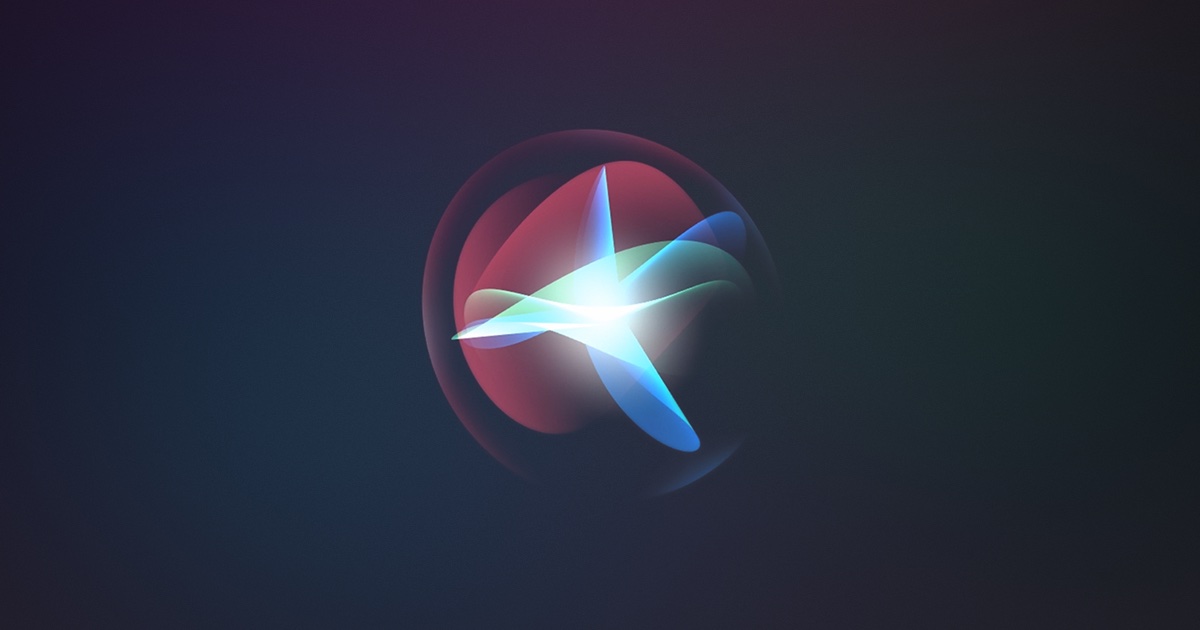Yes, Siri could be improved by bringing in a larger concept of context and by extending the interaction to clarify when there is ambiguity. Ask us a question, Siri!If you observe Siri on a tvOS device, it's limited to what resources it can draw upon compared to iOS/IPadOS/MacOS. So it doesn't acquire some kind of history from you, or can it use anything more then some app history. Ask any simple question about an actor, event, and because it not linked to a browser it can't go to the same resources that Siri has on other OS devices.
I picked this example because the Siri used on an Apple TV has nothing to help a user find information to assist with fact finding media details when you are watching/choosing content. It's funny this would be an outstanding advantage to buy Apple's device but its the weakest of all Apple's Siri implementations.
Looking at Apple Music if you say go open Apple Music, and suggest an artist for it to bring up, Siri only tries to guess more common words instead of what you said. Comparably you can mistype a word on a web browser search engine and it will usually suggest what you are looking for, which is a function missing from most interactions of Siri.
Some Siri implementations like the TV, Homepod ,and Watch are inherently limited. It can be frustrating when those devices respond to an invocation instead of your phone or iPad. I wish they would either work together or let us target a specific device.



